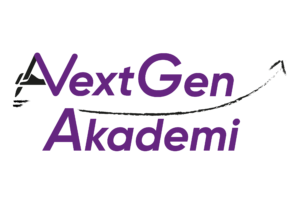Raising the Next Generation: The Power of Language Learning and Behavioural Sciences
“If we want to raise our children in a different way today, it is not because we have superior knowledge or insights. Rather, we raise our children in a different world from the one in which we grew up.”[1] Raising children can be highly demanding, as many of us have likely discerned in recent times. There are numerous external factors, both visible and invisible, compete for the attention of both parents and children. Were we badly educated by our parents or were we exposed to many more difficulties? What has changed?
In the present era of globalization, the way we raise our children is influenced by the evolving environment in which they grow up. It is an undeniable fact that the fields of behavioural sciences play a crucial role in helping us understand how different environments shape our children’s development. By applying principles from behavioural sciences, we can create more effective educational strategies that are tailored to the unique challenges of modern society.
One key area where these insights are particularly valuable is language education. Over the past decades our world has become more interdependent and emerging technologies have enabled us to collaborate closely with people globally. As relationships with countries grow, so does the need to speak a foreign language.
Traditional methods of language instruction are evolving, and immersive experiences are proving to be highly effective. Education is no longer confined to the classroom; education abroad offers students the opportunity to immerse themselves in different cultures, enhancing both their language skills and cognitive development. These real-world experiences, coupled with the understanding gained from behavioural sciences, provide a holistic approach to education that prepares students for a globalized future.
By understanding how important these interdisciplinary approaches are, we can better help the next generation as they navigate a world that is becoming more complicated. We can do this by giving them the academic and social tools they need to do well in a variety of settings. There is no doubt that we have an enhanced need for an enlightened citizenship that is both culturally and linguistically prepared to function in the modern era.
[1] “Love, Money & Parenting: How Economics Explains the Way We Raise Our Kids”, Doepke, M. & Fabrizio, Z., 2019, Princeton University Press.
